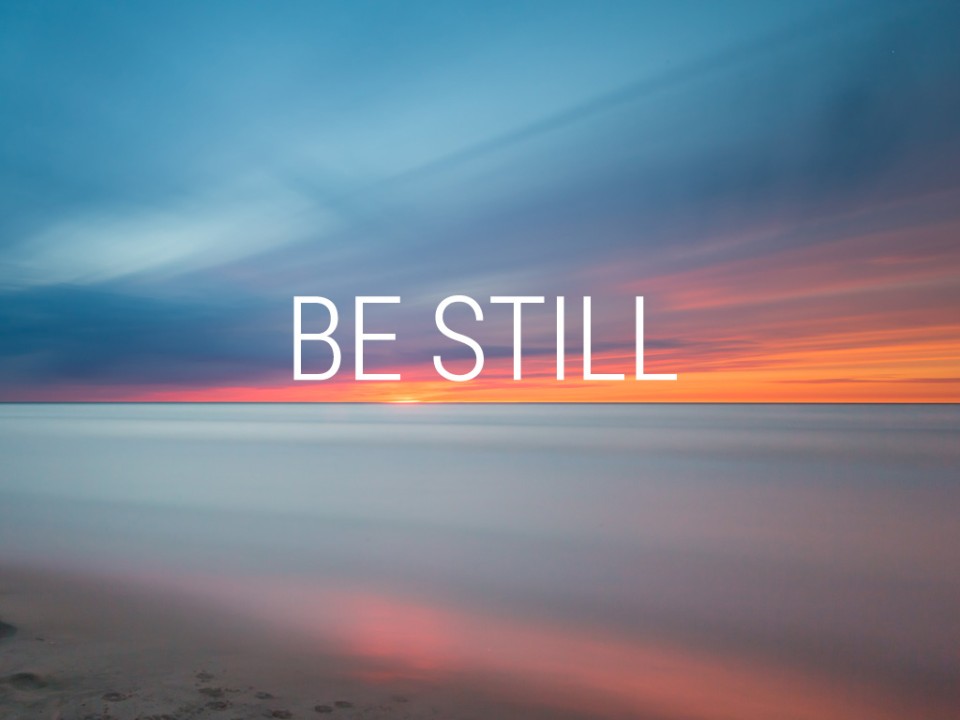Whenever I get the opportunity to speak in front of a room of HR and business professionals, I need to do something to capture their attention. That’s because if given the chance, they’ll be staring at one screen or another. It may be their laptop or their phone. It doesn’t really matter. The pull and allure of each device are so strong that we’ve all become mentally and emotionally attached to them. Sound harsh? It should because it’s what has happened to every person (including me.)
The voices in our heads tell us that we must stay eternally connected because if we don’t, we’re sure to miss something. I’m not being critical just observational. We don’t break away – and honestly don’t want to. When canvassing the presentation attendees each person is burdened because of the busyness they find themselves in. It’s all-encompassing and it seems like there is no exit. Instead of finding a needed respite, we take on more and more tasks and commitments adding to the crushing weight we already carry.
Whenever we do try to step back and rest, we feel guilty and tell ourselves that if we don’t jump back in quickly then “things” won’t get done. We’re not entirely clear what those “things” are, but we are confident they will remain undone. We don’t really know if that’s true or not because we’re not patient enough to find out. It’s a vicious cycle.
Lately, I’ve been more reflective and intentional to not fall into this trap any longer. It’s not that I want to avoid getting things done. Far from it. However, feeling compelled to be on the go constantly isn’t healthy mentally, emotionally, spiritually, or physically. I heard a person recently state that people find that “low-grade exhaustion is the new normal.” That’s encouraging, isn’t it ?? I have a feeling that you can relate to this even while you’re reading this.
What can we do? How can we make time for ourselves to rest and disconnect? What will happen to the myriad of tasks, deadlines, and mountains of work and activity if we dare break our pattern? It’s a two-word answer.

Be Still.
It’s not more complicated than that, but the discipline and faith to make this a reality takes true effort. Whenever you try to move in this direction, the pull to stay entrapped is great. However, once you do accomplish this breakthrough, the benefits are immense. I don’t want to be prescriptive or suggest a step-by-step model that surely will work for each of you. I think this approach is ineffective.
Being still is a cognizant step to breaking your current life pattern with the assurance it will work. You’ll have to trust me that it does. I now take time to be still regularly. I don’t try to fill this space with something else. I just simply take a break to calm myself, focus on the environment and people around me, and relax. Stopping the maddening pace of life gives me peace. I find that having this practice built into my days has actually rejuvenated me.
Now, I have more energy, joy, and time (yes, time) because I refuse to keep running at a breakneck pace. Being still has also cleared my thoughts enough that when the next challenge or conflict is at my doorstep, I’m in a better mental space to address it.
This week break away. This week don’t keep fighting to stay afloat. This week refuse to keep running. This week . . . Be Still.
